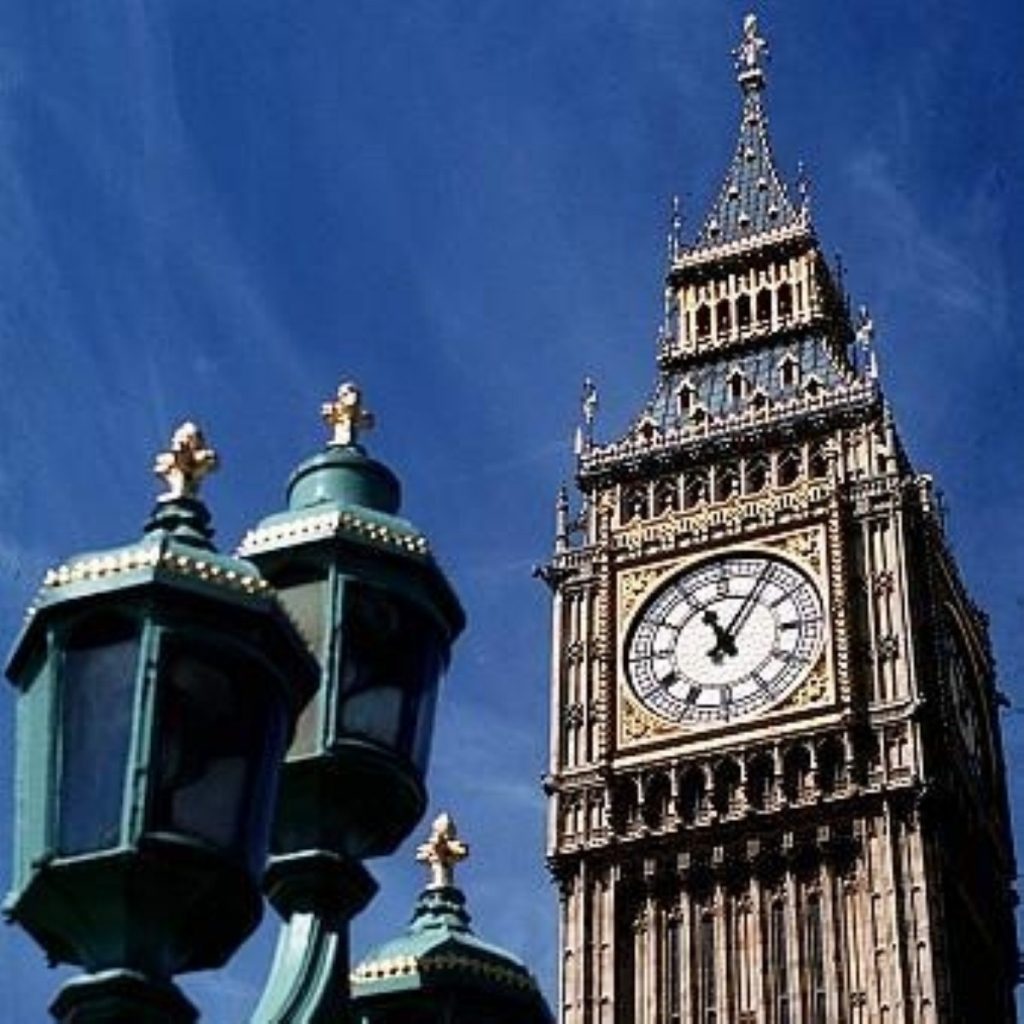Brown unveils constitutional reforms
Gordon Brown has unveiled details of his constitutional reforms, designed to make the government a “better servant of the people”.
Confirming that he would extend more powers to MPs, the prime minister announced plans to give up or relax his royal prerogative in 12 areas.
He also set out the foundations for a British bill of rights to establish the rights and responsibilities of British subjects and the limits of government power.
Mr Brown also moved towards electoral reform, saying elections should be held at weekends to increase participation and the voting age should be reduced to 16-year-olds.


As part of his commitment to ending the Blair style of government, Mr Brown refused to release details of the reforms, insisting MPs should be the first to know.
Mr Brown told MPs: “The changes we propose today and the national debate we now begin are founded upon the conviction that the best answer to disengagement from our democracy is to strengthen our democracy.
“It is my hope that this dialogue of all parties and the British people will lead to a new consensus, a more effective democracy and a stronger sense of shared national purpose.”
The proposals were developed at a special Cabinet meeting on Friday, in a further departure from Tony Blair’s ‘sofa-style’ of government, and Mr Brown has now released a green paper, The Governance of Britain, for consultation.
He said today’s proposals were not a “final blueprint” but a “route map” towards reform and welcomed debate from parliament and the public.
Mr Brown proposed extending to MPs the power to declare war, request the dissolution and recall of parliament, to ratify international treaties, scrutinise key appointments, choose bishops and appoint judges and direct prosecutors in individual criminal cases.
He also offered them power over the civil service and the ability to determine the entitlement to passports and the granting of pardons.
The green paper covers four main areas including limits on the powers of the executive, increasing accountability, re-invigorating democracy and strengthening the relationship between the individual and the state.
This would include a strengthened ministerial code of conduct, including new measures for reporting expenses.
Minister of justice Jack Straw will be given free reign to push on with reforms of the House of Lords, with Mr Brown desiring a substantially or wholly elected second chamber.
In a clear U-turn from Mr Blair’s policy, Mr Brown also said he would review the ban on protests around parliament.
However, the prime minister rejected calls from opposition politicians that only English MPs should vote on English issues such as health and education. He claimed this would create a two-tier system of parliament.
Mr Brown also ruled out holding a referendum on the EU treaty, arguing only Ireland has proposed a public vote and pointing out the Tories’ failure to hold a referendum on the Maastricht treaty.
The Hansard Society welcomed the prime minister’s apparent commitment to strengthening parliament.
Chief executive Fiona Booth said: “Decisions taken by parliament can have fundamental effects on all our lives and it is vital that people have trust in how government and parliament operate.”
“Gordon Brown’s proposed reforms to make parliament more accountable to the people are a welcome step towards a strengthened parliament and a more vibrant representative democracy,” she concluded.









